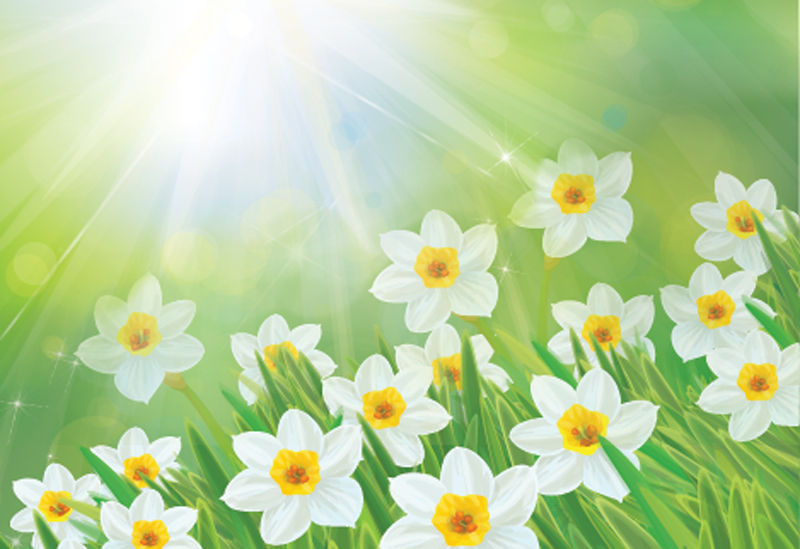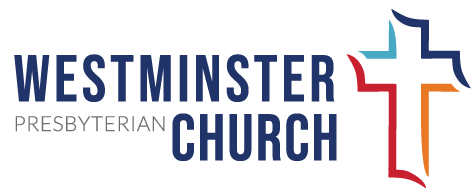
When Jesus entered Jerusalem the last week of his life, the crowds shouted “hosanna,” meaning “save us.”
Those who gathered with their cloaks and palm branches wanted a savior of their own desires rather than the humble love that appeared on a donkey. How quickly he went from savior to criminal and later corpse. His followers witnessed his body slashed and pierced. He failed to overthrow the powers of the day.
Three days later, in the early morning silence, several women experienced the shock of an empty tomb. Some disciples fled. Some locked themselves in a room.
How could new life emerge from after what they’d witnessed?
His bodily presence with them on the beach and road of life confirmed God is present in the gallows of an agonizing death and will bring us into new life. Over time and in community, people came to believe, truly believe, of the power of God’s love revealed in Christ’s resurrection.
God proved more powerful than the worst of human behavior.
For us to skip from the pageantry of Palm Sunday to the patent-leather mary-janes and chocolate bunnies of Easter sidesteps the essence of our Christian faith.
When we’ve journey with Jesus through Maundy Thursday and Good Friday, we can trust God will triumph over the evil that leaves bodies strewn in the streets of Mariupol. We can trust ourselves to do the work Christ’s followers took up and bequeathed to us.
The word “Easter” refers to that mysterious morning. Scholar and pastor Walter Brueggemann turned this word from a single day into an ongoing act in his poem “Easter Us.” I invite you to meditate and pray on his words with the portions printed below.

In a world of perpetual Good Friday bad news, Christians live with Easter hope. Easter us now, O God.
In Christ,
Jo
